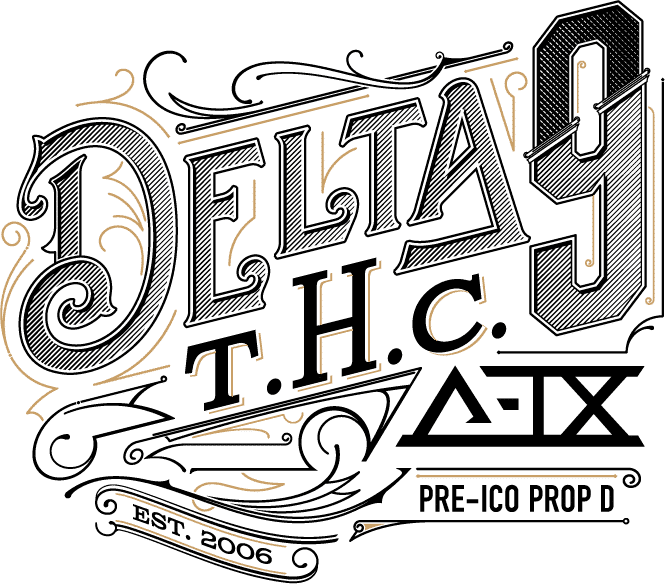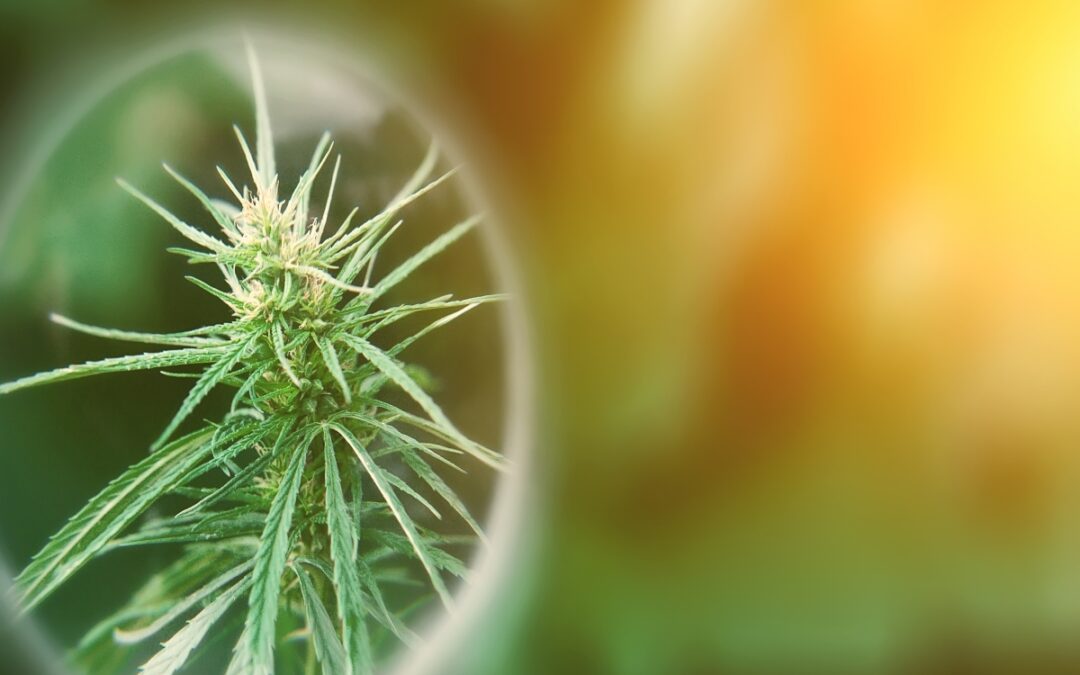As you already know, cannabidiol (CBD) and tetrahydrocannabinol (THC) are the two main cannabinoids found in marijuana. Though few people are aware of it, THCA is another cannabinoid that has the potential to affect your mind-altering high.
Due to its psychotropic effects, THC is by far the most well-known and studied cannabinoid, but it wouldn’t exist without its ancestor, THCA. More than 100 different cannabinoids are produced by cannabis plants, and each one affects how you feel when you smoke, vape, consume edibles, or apply them topically.
So, let’s learn more about the characteristics and use of THCA!
What is THCA?
Tetrahydrocannabinol acid, known as THCA, is a non-psychoactive cannabinoid and one of the marijuana plant’s many chemical compounds. Although THCA is THC’s acidic version, it doesn’t give users a high like THC does.
This is because its additional molecular carboxyl ring, which is present chemically, stops it from interacting with CB1 receptors, which have a strong affinity for THC. Studies on THCA showed that it does not appear to bind strongly to either of the two main cannabinoid receptors. Keep in mind that we wouldn’t have THC and the many health advantages associated with it without THCA.
How is THCA created?
A cannabis plant’s terpene and cannabinoid levels start to develop as its buds mature and expand. CBGA, often known as the “mother of all cannabinoids,” is the first cannabinoid that the plant will create. It will eventually degrade and produce major cannabinoids like THCA and CBDA.
Benefits of THCA
THCA is useful in treating a number of symptoms and conditions, according to research. Since THCA is a potent neuroprotectant, it is helpful in the treatment of diseases like Parkinson’s, Alzheimer’s, and multiple sclerosis. It also possesses anti-inflammatory properties that can aid in chronic pain.
Additionally, it can aid in increasing appetite in people with cachexia and anorexia nervosa. Most notably, studies indicate that THCA can reduce the growth of malignant cells. According to preliminary research, THCA may be beneficial in the treatment of epilepsy. Despite these potential advantages, more research and clinical trials are required to fully understand the potential of THCA.
How to Use THCA
To get high or treat their symptoms, many users take THCA converted into THC via smoking, dabbing, vaping, or eating a form of weed. In these situations, THCA serves more as a conduit for THC’s advantages. However, more and more companies are becoming aware of the advantages of THCA when used alone.
Many concentrates for dabbing marketed as being high in THCA can eventually convert into THC depending on the amount of light and room temperature heat it is exposed to. However, using raw cannabis for its THCA concentration offers some of the same advantages as THC does without getting high.
THCA Potency
Keep in mind that before decarboxylation, a chemical heating procedure, THCA does not cause intoxication but, after decarboxylation, THCA changes to THC. As a result, to consume THCA, you must either acquire an extract or consume raw cannabis.
Of course, consuming a nug of cannabis isn’t a great idea but you can grind the bud into something edible. You should seek out cannabis products with a high THCA content if you plan to consume them via smoking, dabbing, or vaping.
THC may accidentally lose part of its cannabinoid concentration when exposed to direct heat, which would reduce the compound’s effects. But when it changes into THC, THCA represents the product’s entire potency potential. So, when purchasing readymade edibles, it would be better to look for THC content.


